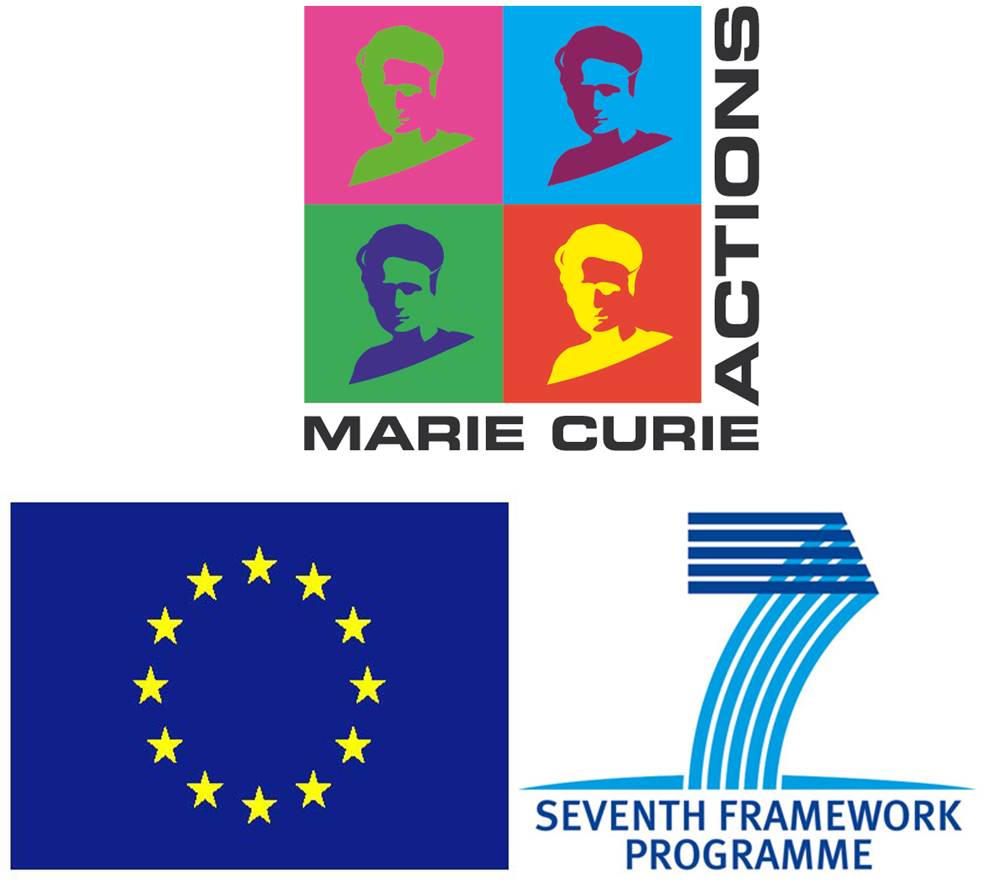Past EDA-EMERGE training events
EDA-EMERGE is a Marie Curie initial training network project focused on training a new generation of scientists in developing novel tools in Effect Directed Analysis for identifying and monitoring Emerging toxicants on a European scale. The training is based on specialised and local courses organized by EDA-EMERGE partner institutions. In the following all past courses are listed.
2014:
LC3 - Monitoring and Assessment in the context of the Water Framework Directive
04 December 2014; Istituto Superiore di Sanità (ISS), Rome, Italy.
The training course focused on the monitoring obligations and most recent assessment criteria of chemical and ecological status in the context of the water framework directive 2000/60/EC. Emerging topics such as the water reuse were also highlighted.
.................................................................................................
SC10 - Science-based policy support with regard to emerging pollutants
04 December 2014; Istituto Superiore di Sanità (ISS), Rome, Italy.
The training course linked scientific results and policy developments with regard to the detection and assessment of emerging pollutants in surface and drinking waters in the EU.
.................................................................................................
SC7 - Special course on theory and practice of gene arrays
29 October 2014; RWTH Aachen, Institute for Environmental Research, Aachen, Germany.
The short course on Toxicogenomics aimed to introduce the use of various molecular tools to assist (eco)toxicological studies and provide more detailed description and practical exercises in the use of transcriptomics.![]()
![]() More information
More information
.................................................................................................
LC2 - Statistic Course
28 October 2014; RWTH Aachen, Institute for Environmental Research, Aachen, Germany.
The course focused on practical experience with statistical analysis of ecotoxicological data by using R.![]()
![]() More information
More information
.................................................................................................
LC2 - Film Course
27 October 2014; RWTH Aachen, Institute for Environmental Research, Aachen, Germany.
The FILM course provided a basic training in how to comprehensively and unambiguously present ones own research in a filmed interview situation.
.................................................................................................
SC1 - Advanced course on preparative and analytical chromatography in effect-directed analysis
2 - 3 July 2014; Rudjer Boskovic Institute (IRB) in Zagreb, Croatia
Building on the theoretical knowledge provided by the summer school this course focused on the practical demonstration of EDA including sample extraction, tier 1 and higher tier fractionation and methods for the final chemical and bioassay characterization.
.................................................................................................
SC8 - Specialised course on Biotechnology for environmental issues
18 March 2014; Watchfrog, Evry, France
The training course gave an introduction to in vivo tests using transgenic aquatic organisms to detect endocrine disruption.
.................................................................................................
SC9 - Hyphenation of cell‐based assays with microfractionation procedures
21-22 January 2014; VU-IVM, Amsterdam, Netherlands
The training course focused on teaching the fundamentals of developing microfractionation procedures to obtain fractions containing relatively simple mixtures of compounds for in vitro testing and high resolution mass spectrometry.
.................................................................................................
SC4 - Special course on the water cycle and human health
20 January 2014; KWR, Nieuwegein, Netherlands
This training course gave an insight into the drinking water production and policy in the Netherlands and in Europe and gave an introduction to chemical and microbial aspects of human health risk assessment.
2013:
SC5 - Fate of emerging pollutants in the aquatic water cycle
2 - 3 July 2013; eawag, Dübendorf, Switzerland
The course provided theoretical background on micropollutants from urban sources and from agriculture, corresponding biodegradation and transformation processes as well as methods for removal due to wastewater treatments.
.................................................................................................
SC3 - Chemical screening, prioritisation of environmental pollutants and data storage in European Databases
23 - 24 May 2013; Environmental Institute (EI), Jasna, Slovak Republic
The course provided theoretical and practical knowledge on monitoring of European waters in the regulative context of the European Waterframework Directive (WFD).
.................................................................................................
SC2 - In vitro and in vivo assays of endocrine disrupting chemicals (EDCs) using fish models
30 - 31 January 2013; INERIS, Verneil-en-Halatte, France
The course provided theoretical background on endocrine disrupting chemicals in the environment, considering molecular and cellular mechanisms of action and physiological impacts on fish.
2012:
SC6 & LC1 - Chemometrics, LC-LTQ Orbitrap MSn and computer tools for chemical structure generation and elucidation & R and multivariate statistic
23 - 24 October 2012; Helmholtz Center of Environmental Research - UFZ, Leipzig, Germany
The SC6 was held together with LC1 in a three day EDA-EMERGE training course block and focused on teaching, desktop analytical tools, concepts for effect directed analysis and chemical structure elucidation in water quality monitoring.
.................................................................................................
EDA-EMERGE Summer School
25 - 29 June 2012; Helmholtz Center of Environmental Research - UFZ, Leipzig, Germany
The summer school was an intensive and interactive programme with lectures, workshops and case studies, covering multi-disciplinary content of analytical chemistry, eco-toxicology, biochemistry, environmental science and water management.
